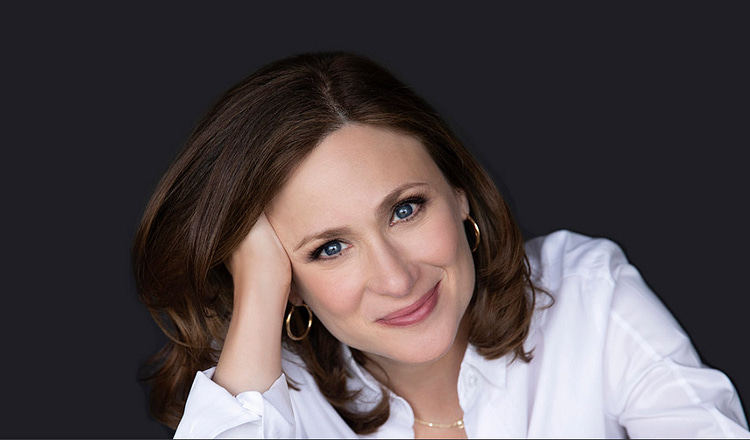Abigail Shrier: Letters to the Editor

A conversation about kids and mental health prompted some interesting responses from Honestly listeners. We want to share a few of them with you.
57
This article is taken from The Free Press’s daily newsletter. To get the best of the news delivered to your inbox every morning, sign up here:
We were thrilled with the reaction to Bari’s conversation with Abigail Shrier about her new book, Bad Therapy: Why the Kids Aren’t Growing Up, on last week’s episode of Honestly. If you haven’t listened, you can c…
Continue Reading The Free Press
To support our journalism, and unlock all of our investigative stories and provocative commentary about the world as it actually is, subscribe below.
$8.33/month
Billed as $100 yearly
$10/month
Billed as $10 monthly
Already have an account?
Sign In

